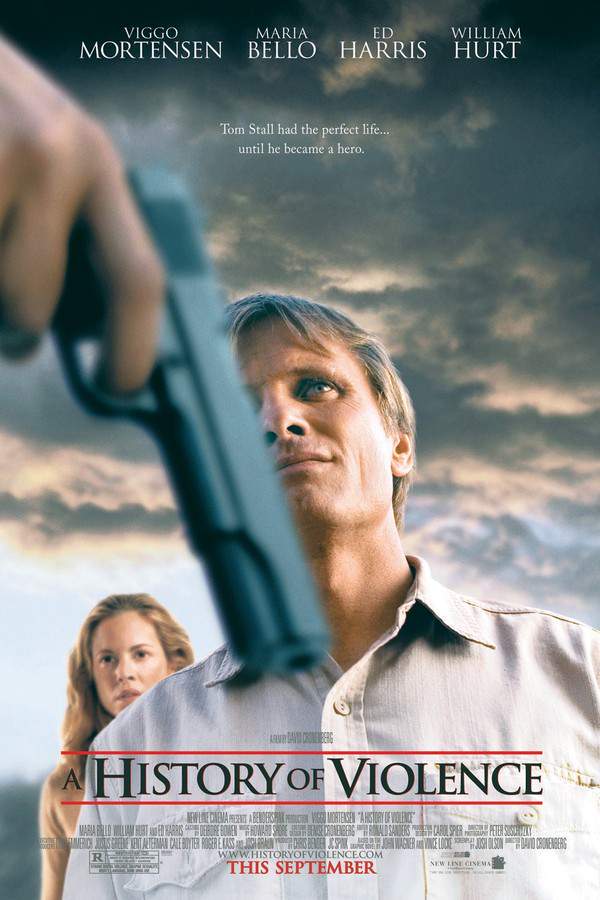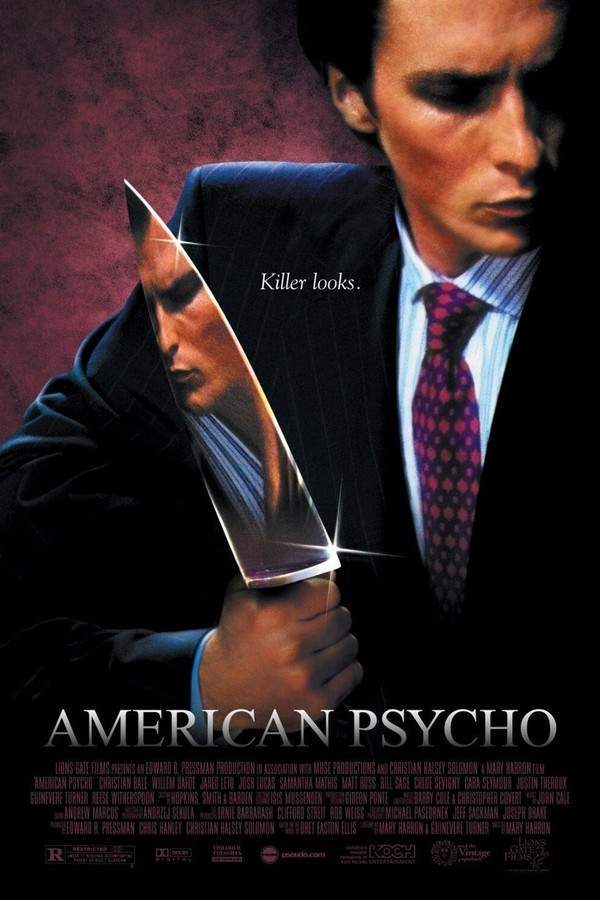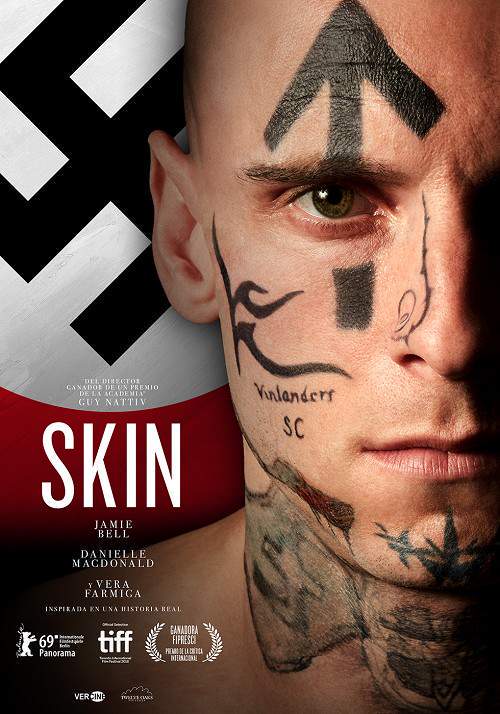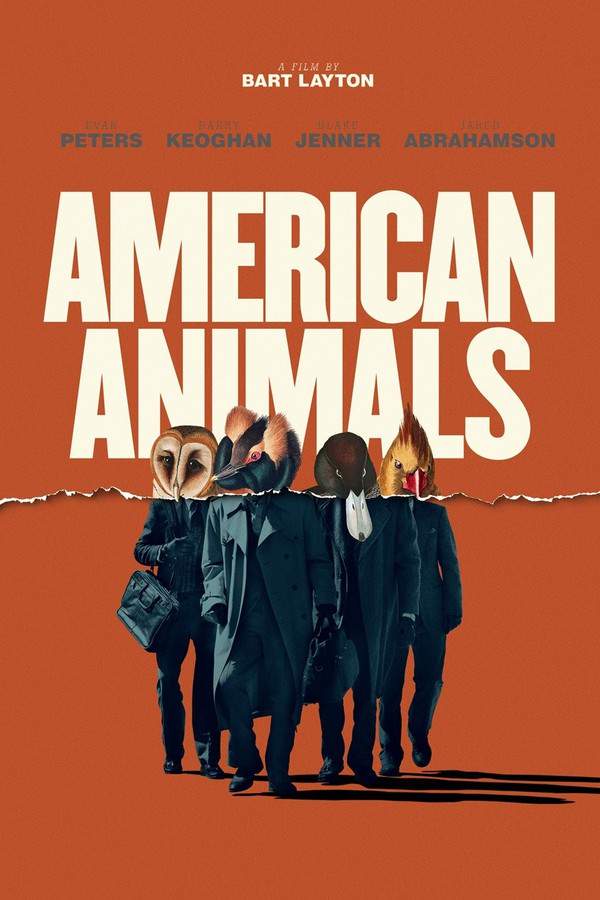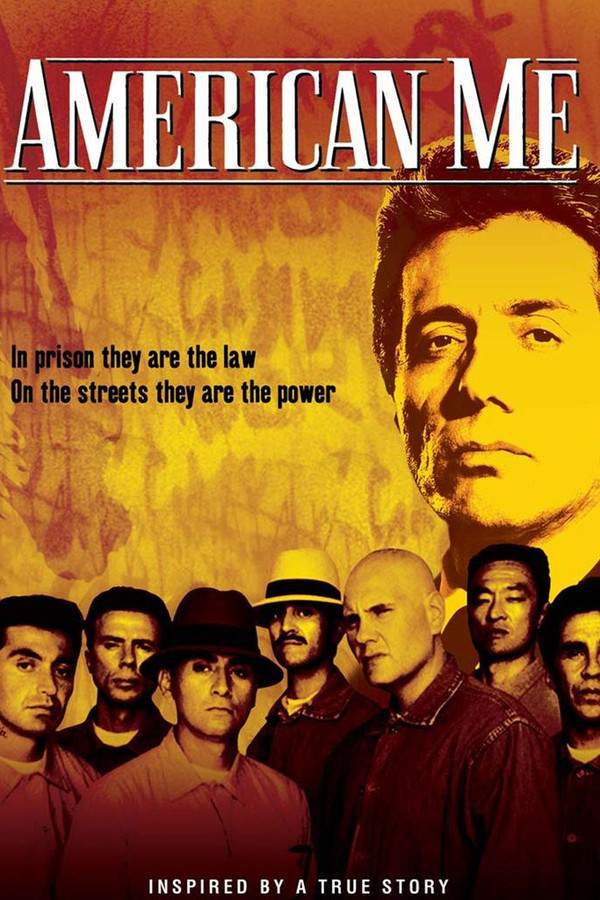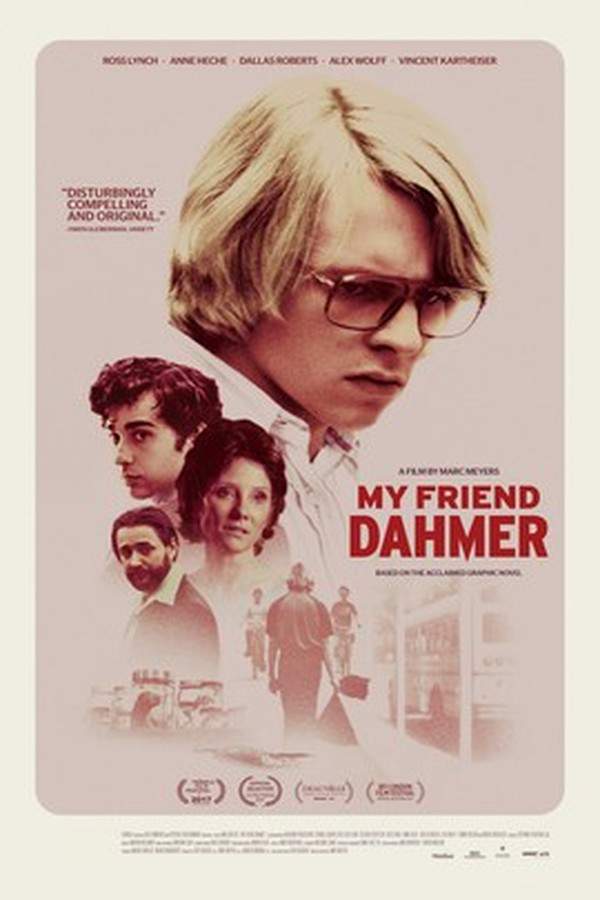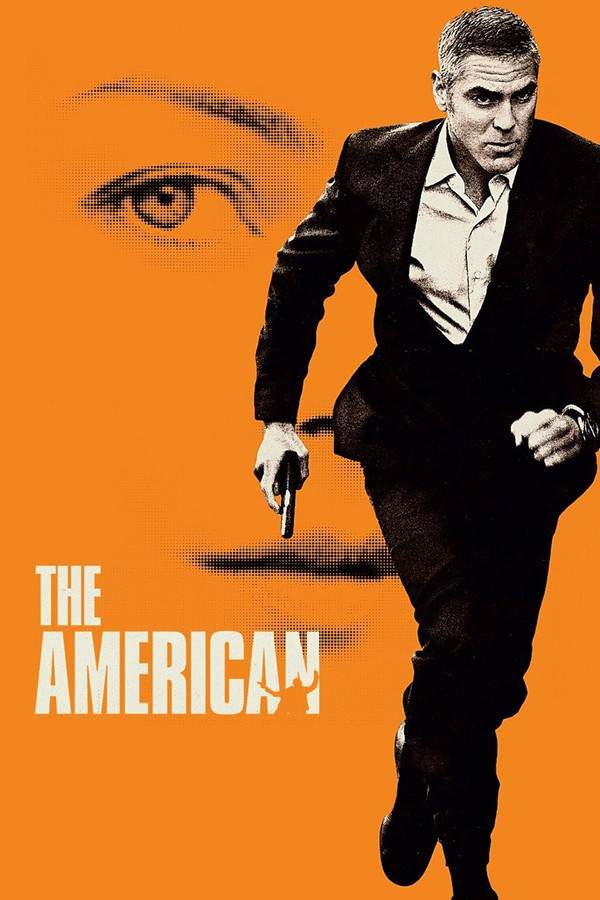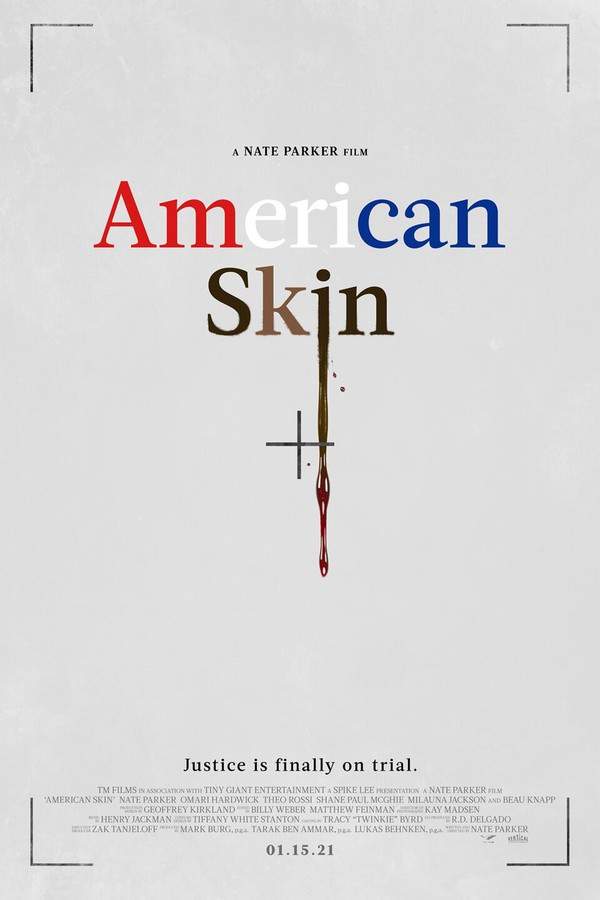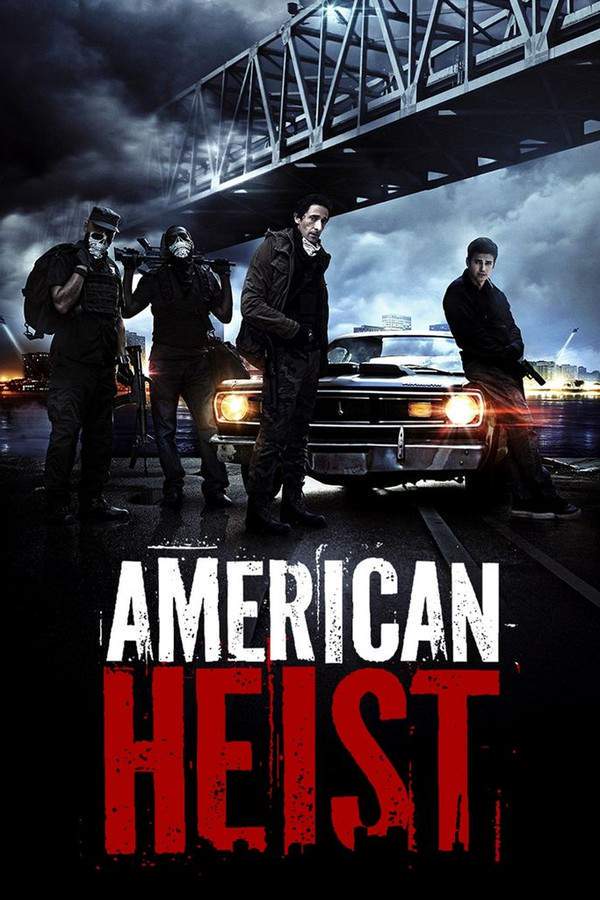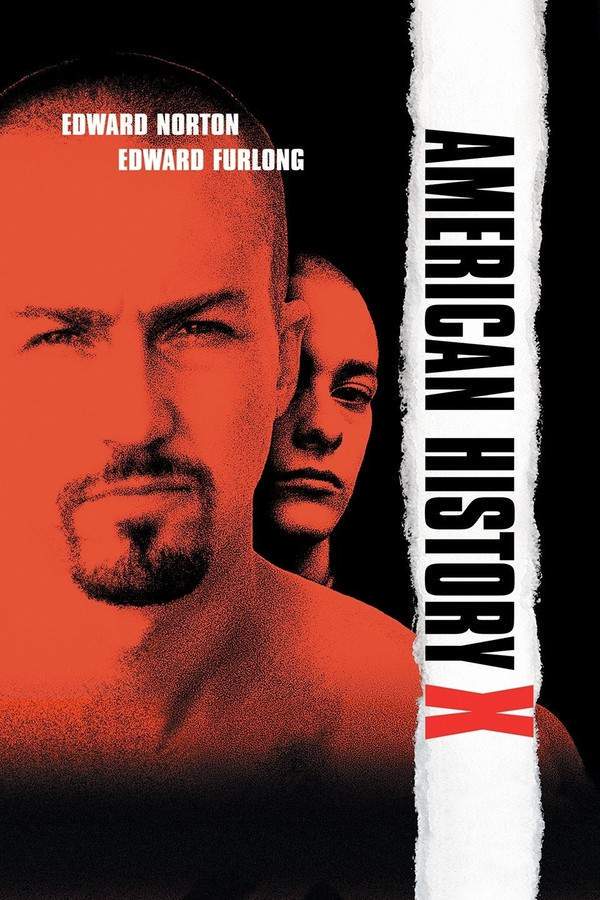
American History X 1998
Directed by

Tony Kaye
Test your knowledge of American History X with our quiz!
American History X Plot Summary
Read the complete plot summary and ending explained for American History X (1998). From turning points to emotional moments, uncover what really happened and why it matters.
Flashbacks unfold in reverse chronology, uniquely depicted in black-and-white to contrast with the color of present-day events, revealing Derek’s journey of becoming a vengeful white supremacist in Venice Beach, followed by his eventual rejection of those bigoted views during his time in prison. To clarify the narrative for the audience, the outline of events will be presented in chronological order.
Initially, Derek is heavily influenced by the latent racism stemming from his bigoted father, a firefighter portrayed by William Russ. This influence escalates when Derek’s father is tragically shot and killed while battling a fire at a suspected Compton drug den. Heartbroken and enraged, Derek rises through the ranks to become a second-in-command within a Neo-Nazi street gang known as The D.O.C. (Disciples of Christ), where he lures young, impressionable whites into joining. The gang boldly engages in acts of intimidation, such as vandalizing a store run by a Korean immigrant that employs illegal Mexican workers and challenging African American players to basketball in a bid to claim the court as their turf.
These troubling incidents go unnoticed until one evening when Derek has a heated argument regarding Rodney King with his mother’s new boyfriend, Murray, played by Elliott Gould, who is Jewish. Later that night, while Derek is involved with his white supremacist girlfriend, Stacey—portrayed by Fairuza Balk—his younger brother, Danny (who ultimately shares his name with the film’s title), alerts him to the fact that three Crips members are attempting to steal their father’s truck. Fueled by rage, Derek rushes outside with a pistol, resulting in a tragedy where he kills one man instantly and grievously wounds another, forcing him to place his mouth on the curb before brutally stomping on his head. The horror of this moment is etched in Danny’s mind as he witnesses the violent transformation of his brother, culminating in Derek’s arrest as he smiles at the shocked Danny.
Following a conviction for voluntary manslaughter, Derek finds himself sentenced to three years within the confines of the California Institution for Men in Chino. While serving time, he aligns himself with the Aryan Brotherhood, embracing the very ideologies he will later come to challenge. However, after a year, his disillusionment grows as he becomes increasingly frustrated with the gang, particularly their amicable relations with a member of a Mexican prison gang and their involvement in drug trafficking. When he voices his concerns, he faces backlash from his fellow supremacists.
Within this difficult environment, Derek forges an unexpected bond with an African American inmate named Lamont, portrayed by Guy Torry, who works alongside him in the prison laundry. Unfortunately, this friendship results in a brutal attack by his gang members, who have noticed their interactions. After enduring this traumatic experience, Derek is visited by his former English teacher, Dr. Bob Sweeney, played by Avery Brooks. In a pivotal conversation, Sweeney confronts Derek with the realities of the hatred he has perpetuated and the consequences of his actions, questioning if anything he has done has improved his life. This moment serves as a catalyst for change, pushing Derek to reevaluate his life choices and motivations, distancing himself from the Aryan Brotherhood.
As the day of Derek’s release from prison nears, Danny’s involvement in similar hate ideologies becomes evident. When his teacher, Murray, discovers Danny’s Neo-Nazi sympathies, he informs Dr. Sweeney, who takes it upon himself to teach Danny, imparting lessons they label “American History X.” As the newly transitioned Derek returns home, the realization hits that Danny has embraced the same destructive ideologies that Derek fought to escape, leading to a critical confrontation.
During a Neo-Nazi party that both brothers attend, a heated argument ensues between Derek and the gang leader, Cameron Alexander, portrayed by Stacy Keach. Derek asserts his independence from the gang, declaring he no longer wants to associate with them, which incites a violent response leading to a harrowing chase.
The next morning, the culmination of escalating tensions reveals a tragic fate for Danny. After an altercation in the school bathroom, a confrontation with an African American student ends tragically with Danny being shot. Derek arrives to find his brother lifeless, and cradles him in his arms in a heart-wrenching moment of grief and regret.
The film concludes with Danny narrating a poignant excerpt from his paper, reminiscent of the themes of unity and understanding, echoing President Lincoln’s words:
“We are not enemies, but friends. We must not be enemies…”
This climax underscores the tragic repercussions of hatred and prejudice, leaving a lasting impact on the viewer about the cycles of violence and the desperate need for change.
American History X Timeline
Follow the complete movie timeline of American History X (1998) with every major event in chronological order. Great for understanding complex plots and story progression.
Derek's Early Influences
Derek is profoundly shaped by the latent racism of his environment, particularly from his bigoted father, a firefighter. This upbringing lays the groundwork for his future beliefs and actions in society.
Tragic Loss of Derek's Father
Derek's father is killed while battling a fire at a suspected drug den in Compton. This traumatic event leaves Derek heartbroken and fuels his burgeoning anger and resentment towards minority communities.
Rising Through the Ranks
In the aftermath of his father's death, Derek becomes second-in-command of a Neo-Nazi street gang called The D.O.C. He manipulates vulnerable individuals, luring them into joining the gang's hateful ideology.
Acts of Intimidation
The gang commits several acts of intimidation, including vandalizing a store owned by a Korean immigrant. They also challenge African American players at basketball games, aggressively asserting their claim to the neighborhood.
Heated Argument with Murray
Derek has a volatile argument about Rodney King with his mother's new boyfriend, Murray, who is Jewish. This confrontation foreshadows the escalating racial tensions and conflicts in Derek's life.
The Tragic Confrontation
Later that night, Derek's younger brother, Danny, alerts him to a theft involving members of the Crips. In a fit of rage, Derek confronts the situation, resulting in him killing one man and severely injuring another.
Derek's Arrest
Following the violent incident, Derek is arrested. He smiles at his younger brother Danny, leaving a traumatic moment burned into Danny's memory, symbolizing Derek's transformation into a vengeful figure.
Prison Sentencing
Derek receives a three-year sentence for voluntary manslaughter and is sent to the California Institution for Men in Chino. This imprisonment becomes a pivotal period for introspection and eventual change.
Joining the Aryan Brotherhood
Within prison, Derek aligns himself with the Aryan Brotherhood, reinforcing the racist ideologies he'd previously embraced. He views this affiliation as a means to survive in a hostile environment.
Bonds with Lamont
Derek unexpectedly forms a friendship with an African American inmate named Lamont while working in the prison laundry. This connection challenges his previous beliefs and becomes a source of inner conflict.
Confrontation with Sweeney
Derek's former English teacher, Dr. Bob Sweeney, visits him in prison, urging him to reflect on the hatred and violence he has embraced. This conversation is a turning point that sparks Derek's self-reflection.
Danny's Neo-Nazi Involvement
As Derek's release approaches, it becomes evident that Danny is adopting similar hateful ideologies. This realization sends Derek into turmoil as he fears his brother may follow the same destructive path.
Clash at the Neo-Nazi Party
At a Neo-Nazi gathering, tension escalates between Derek and gang leader Cameron Alexander. Derek declares his wish to dissociate from the gang, which prompts a violent reaction from the members.
Danny's Tragic Fate
After an altercation at school, Danny is tragically shot following a confrontation with an African American student. Derek rushes to the scene, finding his brother dead, culminating in profound grief and regret.
Reflection on Unity
In the film's emotional conclusion, Danny narrates a poignant excerpt from his paper on unity and understanding. This moment highlights the tragic consequences of hatred and the dire need for reconciliation.
American History X Characters
Explore all characters from American History X (1998). Get detailed profiles with their roles, arcs, and key relationships explained.
Derek Vinyard (Edward Norton)
Derek is introduced as a deeply troubled individual, influenced by the racism of his father and the environment around him. His evolution from a white supremacist to someone who seeks redemption and understanding encapsulates a profound inner conflict. The film portrays his struggles with identity, morality, and the consequences of violence.
Danny Vinyard
Danny, Derek's younger brother, idolizes Derek and ultimately mirrors his beliefs. His tragic fate serves as a pivotal point, illustrating the dangerous learnings that can arise from hatred. The character's development is crucial in highlighting the cyclical nature of prejudice and the urgent need for intervention.
Dr. Bob Sweeney (Avery Brooks)
Dr. Sweeney is Derek's former English teacher who plays a critical role in guiding both Derek and Danny towards self-awareness. His compassionate approach challenges the violent ideologies held by the brothers and fosters a conversation about empathy and understanding, making him a key figure of hope in the narrative.
American History X Settings
Learn where and when American History X (1998) takes place. Explore the film’s settings, era, and how they shape the narrative.
Time period
The movie unfolds during the late 20th century, a period marked by racial tension and gang violence in American society. Events chronicled in the film reflect the social unrest and the ideological divides that shaped communities and influenced young people's beliefs during this time.
Location
Venice Beach, Compton, California Institution for Men, Chino
Venice Beach is known for its vibrant boardwalk, eclectic culture, and as a hub of artistic expression. Compton is often recognized for its historical significance in the hip-hop culture and its turbulent past with crime and gang activity. The California Institution for Men in Chino is a state prison that has housed many inmates linked to gang-related offenses, exemplifying the cycle of violence and rehabilitation.
American History X Themes
Discover the main themes in American History X (1998). Analyze the deeper meanings, emotional layers, and social commentary behind the film.
🔥
Redemption
Redemption serves as a core theme as Derek undergoes a transformative journey from a vengeful white supremacist to a man seeking to distance himself from hate. His time in prison catalyzes self-reflection and prompts him to confront the destructive ideologies he once embraced. The tragic fate of his brother serves as a stark reminder of the consequences of hatred, underscoring the need for personal and societal change.
⚖️
Prejudice
Prejudice permeates the narrative, shaping the characters' interactions and their surroundings. Derek's initial beliefs are rooted in the racism instilled by his upbringing, demonstrating how hatred can be perpetuated across generations. As he confronts the fallout from his beliefs, the film highlights the destructive impact of prejudice and the urgent need for understanding and acceptance among different communities.
💔
Tragedy
Tragedy encapsulates the film's powerful climax, illustrating the dire repercussions of violence and bigotry. The deaths of key characters demonstrate the heartbreaking reality of lost potential and the familial bonds fractured by hatred. This theme resonates deeply, as the narrative compels the viewer to reflect on the unfortunate outcomes of divisive ideologies.

Coming soon on iOS and Android
The Plot Explained Mobile App
From blockbusters to hidden gems — dive into movie stories anytime, anywhere. Save your favorites, discover plots faster, and never miss a twist again.
Sign up to be the first to know when we launch. Your email stays private — always.
American History X Spoiler-Free Summary
Discover the spoiler-free summary of American History X (1998). Get a concise overview without any spoilers.
In the sun‑baked streets of Venice, a community roiled by racial tension and competing loyalties forms the backdrop for a story about choices that echo across generations. The world feels both gritty and intimate, captured in a visual style that shifts between stark black‑and‑white memories and the vivid present, underscoring the stark contrast between hatred and hope. Within this landscape, Derek Vinyard has risen to prominence among a circle that glorifies exclusion, his charisma feeding a growing movement that thrives on fear.
A single, life‑shaping incident lands Derek behind bars, where the confines of a prison become a crucible for introspection. Stripped of his former authority, he begins to question the doctrines that once defined him, confronting the emptiness of the ideology that once gave him purpose. As he charts a path toward redemption, the weight of his past hangs over every decision, pushing him to consider what a different future might look like—for himself and for those he cares about.
At the heart of Derek’s struggle is his younger brother, Danny, a bright, impressionable teen who idolizes his sibling and looks to him for guidance. Their relationship is a fragile thread woven through family grief, a new step‑father who offers a contrasting worldview, and a circle of friends who each pull in opposite directions. The tension between affection and influence creates a charged dynamic that forces both brothers to confront what they have become and what they might yet become.
The film’s tone balances raw, uncompromising realism with moments of quiet reflection, inviting viewers to glimpse the seductive allure of extremism while yearning for the possibility of change. As Derek steps out of confinement and back into the world that shaped him, the story teeters between the temptation to revert and the hope of breaking the cycle, leaving the audience eager to see whether redemption can truly be forged from the ashes of hate.
Can’t find your movie? Request a summary here.
Movies with Similar Twists and Themes
Uncover films that echo the narrative beats, emotional arcs, or dramatic twists of the one you're exploring. These recommendations are handpicked based on story depth, thematic resonance, and spoiler-worthy moments — perfect for fans who crave more of the same intrigue.
Featured on this page

What's After the Movie?
Not sure whether to stay after the credits? Find out!
Explore Our Movie Platform
New Movie Releases (2025)
Famous Movie Actors
Top Film Production Studios
Movie Plot Summaries & Endings
Major Movie Awards & Winners
Best Concert Films & Music Documentaries
Movie Collections and Curated Lists
© 2025 What's After the Movie. All rights reserved.



